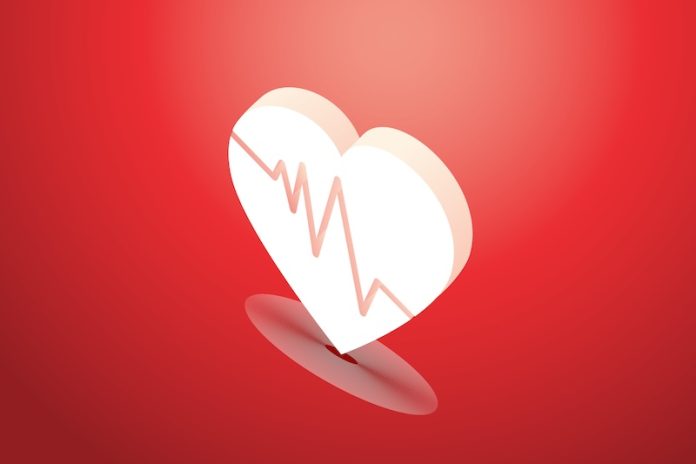
Blood pressure is a vital sign of overall health, especially concerning the heart. Keeping it within a healthy range is crucial to prevent a host of cardiovascular diseases.
Recent research has continued to shed light on how best to manage blood pressure for optimal heart health. This review summarizes the latest findings in a way that’s easy to digest for those who aren’t healthcare professionals.
Traditionally, maintaining a blood pressure of 120/80 mmHg has been considered ideal. However, recent studies suggest that even slightly elevated levels within what is considered the “normal” range can start to increase the risk of heart disease and stroke.
Researchers are now focusing on the benefits of maintaining even lower blood pressure targets for certain populations, especially those who already have a high risk of cardiovascular disease.
One of the significant shifts in understanding comes from large-scale studies that use data gathered over many years.
These studies have found that lowering systolic blood pressure (the top number in a blood pressure reading) to below 120 mmHg can significantly reduce the risk of heart attacks, heart failure, and strokes.
This is particularly true for older adults who, despite being more susceptible to blood pressure-related complications, can tolerate lower blood pressure targets well when carefully monitored.
Advances in technology have also played a role in new blood pressure research. Wearable devices that continuously monitor blood pressure are becoming more sophisticated and widely used in studies.
This technology provides a more detailed picture of how blood pressure can fluctuate throughout the day and in different situations. Understanding these patterns is crucial because spikes in blood pressure, even if temporary, can be harmful if they occur frequently.
Nutrition continues to be a hot topic in blood pressure research. The DASH diet (Dietary Approaches to Stop Hypertension) is supported by decades of research showing it can significantly lower blood pressure.
This diet emphasizes fruits, vegetables, whole grains, and lean proteins while reducing sodium intake. Recent studies have refined these guidelines further, suggesting that combining the DASH diet with reduced salt intake can have even more significant effects on lowering blood pressure.
Another area of research focuses on the microbiome — the vast community of microbes living in the human gut.
Emerging studies suggest that these microbes can influence blood pressure by affecting how the body processes certain nutrients like fiber and by producing substances that can directly impact blood vessel health.
This line of research is leading to new dietary recommendations and the development of probiotic treatments aimed at promoting a healthier microbiome to aid in blood pressure control.
Finally, the connection between mental health and blood pressure receives increasing attention. Stress, anxiety, and depression have been linked to higher blood pressure and poorer cardiovascular outcomes.
New therapeutic approaches that integrate mental health treatment into cardiovascular care are showing promise in helping patients manage both their mental and physical health simultaneously.
In conclusion, the field of blood pressure and cardiovascular health is rapidly evolving. From diet and technology to the integration of mental health care, the latest research aims to provide a holistic approach to managing blood pressure.
This comprehensive strategy not only helps prevent severe health issues but also enhances overall well-being. The message is clear: managing blood pressure is a key component of maintaining heart health, and ongoing research continues to refine how best to achieve this.
If you care about high blood pressure, please read studies about unhealthy habits that may increase high blood pressure risk, and drinking green tea could help lower blood pressure.
For more information about high blood pressure, please see recent studies about what to eat or to avoid for high blood pressure, and 12 foods that lower blood pressure.
Copyright © 2024 Knowridge Science Report. All rights reserved.



